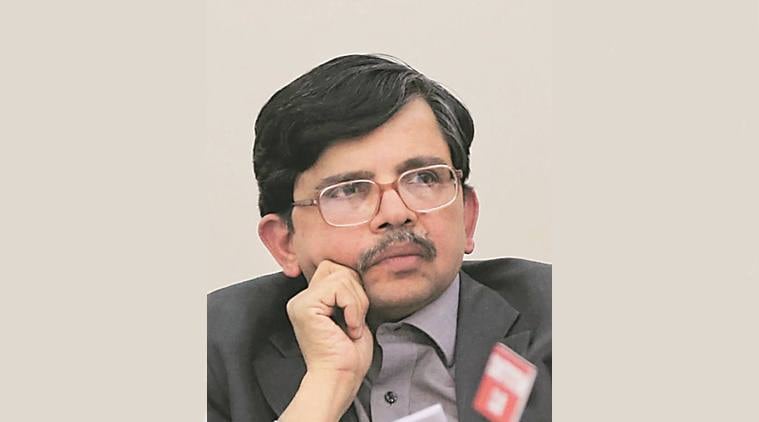 Justice S Muralidhar
Justice S Muralidhar
The Supreme Court Collegium has recommended the transfer of Justice S Muralidhar, known for his bold pronouncements on communal violence and personal liberty, from the Delhi High Court to the Punjab and Haryana High Court.
This recommendation, which comes a year after a similar move to transfer Justice Muralidhar was discussed but stalled, was condemned “unequivocally and in the strongest possible terms” Wednesday by the Delhi High Court Bar Association which said lawyers would abstain from work Thursday in protest.
In a resolution, the DHCBA, while urging the Collegium to revisit and recall its recommendation, said: “Such transfers are not only detrimental to our noble institution but also tend to erode and dislodge the faith of the common litigant in the justice dispensation system. Such transfers also impede free and fair delivery of justice by the Hon’ble Bench.”
The Collegium, headed by Chief Justice of India S A Bobde, met on February 12 where it also decided to recommend the transfer of Justice Ranjit V More from the Bombay High Court to the Meghalaya High Court and Justice Ravi Vijaykumar Malimath from the Karnataka High Court to the Uttarakhand High Court.
The Collegium statement simply listed the names of the three judges and their postings. It did not give reasons for the transfers, keeping with the new practice of not disclosing reasons. In October 2017, the Collegium had started stating reasons for appointments, transfers of judges — a practice it discontinued in October last year.
Currently the third most senior judge of the Delhi High Court, Justice Muralidhar will be the second most senior judge of the Punjab and Haryana High Court if the government approves the transfer recommendation.
In January 2019, The Indian Express reported on a move in the Collegium to transfer Justice Muralidhar out of the Delhi High Court. It was discussed twice at the Collegium meetings for postings and transfers in High Courts, in December 2018 and January 2019. It was stalled after members of the Collegium, headed by then Chief Justice of India Ranjan Gogoi, reportedly advised against it.
Known for his rulings on civil liberties, Justice Muralidhar was appointed an additional judge on May 29, 2006. The judge, who has a fan following among young lawyers, insists on not being called “Your Lordship” or “My Lord” in court. This request to lawyers features daily in the causelist (list of cases to be heard) of Justice Muralidhar’s court.
He was part of the two-judge bench along with Chief Justice A P Shah that delivered the landmark verdict decriminalising homosexuality in 2009 — Naz Foundation vs Government Of Nct Of Delhi And Others.
In 2010, he was part of the bench which brought the office of the Chief Justice of India under the Right to Information Act. The decision was challenged by the Supreme Court before the apex court itself and the ruling was eventually upheld in 2019.
In 2018, Justice Muralidhar delivered the Hashimpura verdict, convicting personnel of the Uttar Pradesh PAC for the 1987 mass killings. The same year, he also convicted Congress leader Sajjan Kumar for his role in the 1984 anti-Sikh riots.
In 2018, after Justice Muralidhar’s bench ended activist Gautam Navlakha’s house arrest following his arrest by Pune Police with other rights activists in connection with the Bhima-Koregaon violence in Maharashtra, RBI board member and RSS ideologue S Gurumurthy attacked the judge on Twitter, sharing an article alleging bias and impartiality. The tweets led to a contempt case initiated by the bench of Justices Hima Kohli and Yogesh Khanna against Gurumurthy which was closed after he tendered an “unconditional apology” to the judge and withdrew his remarks.
Justice Muralidhar is due to retire on August 7, 2023, unless he is elevated to the Supreme Court.